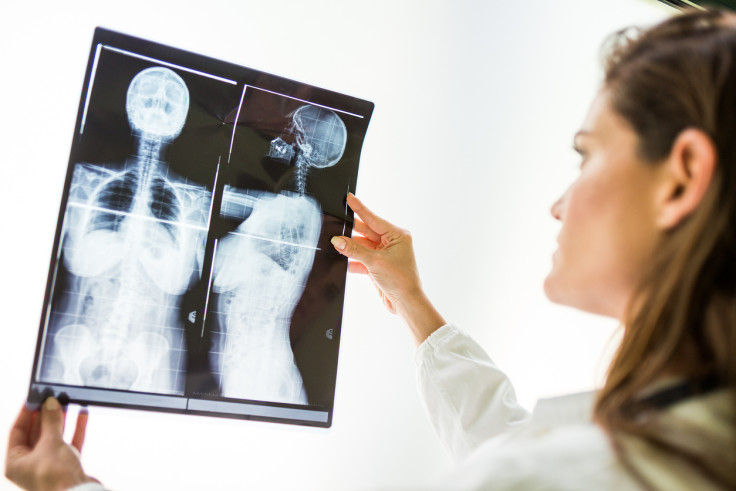Breakthrough computer program detects cancer before symptoms arise
CancerLocator detects tumour DNA in patient's blood samples accurately.

Researchers from the University of California and Southern California have developed a computer program that could identify and locate cancerous cells even before symptoms arise, removing the need for invasive biopsies.
The program is called CancerLocator as it claims to detect tumour DNA in patient blood samples accurately pointing where the tumour is located in the body. In an experimental study, the program managed to successfully diagnose liver, lung, and breast cancer in 80% of cases it sampled opening the possibility for earlier screening and better treatment.
Detecting cancer can be a challenging affair as most patients only go for a biopsy when they face the first symptoms or are alerted by doctors. Late detection of cancerous cells has caused many to miss early treatment.
CancerLocator aims to eliminate this need for invasive biopsies and works by analysing DNA that escapes into the bloodstream when cells die. Each isolated component of DNA has a unique pattern of chemical add-ons, called methyl groups that mark which genes were turned on or off. These markers can indicate if a gene was effected by a cancerous cell.
"It's very much like a message in a bottle," Jasmine Zhou, professor of pathology at the University of California, Los Angeles, and co-lead author of the study told Motherboard. "This cell-free DNA floating in the blood can tell us the secrets of each cell or organ that it's from."
Zhou says the study involved implementing machine learning to blood tests as they drew on data available in the Cancer Genome Atlas database to teach the software to recognise which patterns were normal from those which showed tumour signs.
The long-term goal of this software, according to the team, is to develop it into a generic screening test because the potential benefits to the "public are huge."
© Copyright IBTimes 2025. All rights reserved.





















